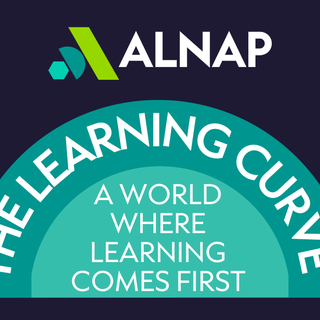Related documents
Summary
The COVID-19 pandemic was unparalleled in scope and scale, and the response tested the humanitarian system in new and unforeseen ways. While funding was not able to keep pace with the massive rise in global needs, the system proved to be extraordinarily resilient.
However, neither the crisis itself nor the response to it should be understood as exceptional. Despite its many achievements and adaptations, the humanitarian response walked a well-trodden path. Humanitarian actors often defaulted to their usual, top-down ways of working, revealing perennial problems in the current formal international humanitarian system. Evaluations emphasise that the response was carried out under significant constraints – unpredictability, scarcity of information and limited humanitarian access – but caution should be exercised against interpreting these constraints as justifications for the shortcomings of the response. There were striking parallels between the operating environment of COVID-19 and other crises, which are not new to humanitarians.
In framing the pandemic as an exceptional crisis, there is a real risk of diminishing the importance of learning and the need for transformative change within the sector. Our analysis suggests that there is much to be learned – and further researched – from the response to COVID-19, which will be useful in responding to future public health emergencies, as well as other major crises.
Details:
- Publication language: English
- Pages: 150pp
- Suggested citations: Kerkvliet, E et al. (2024) The humanitarian response to COVID-19: lessons for future pandemics and global crises. London: ALNAP/ODI


